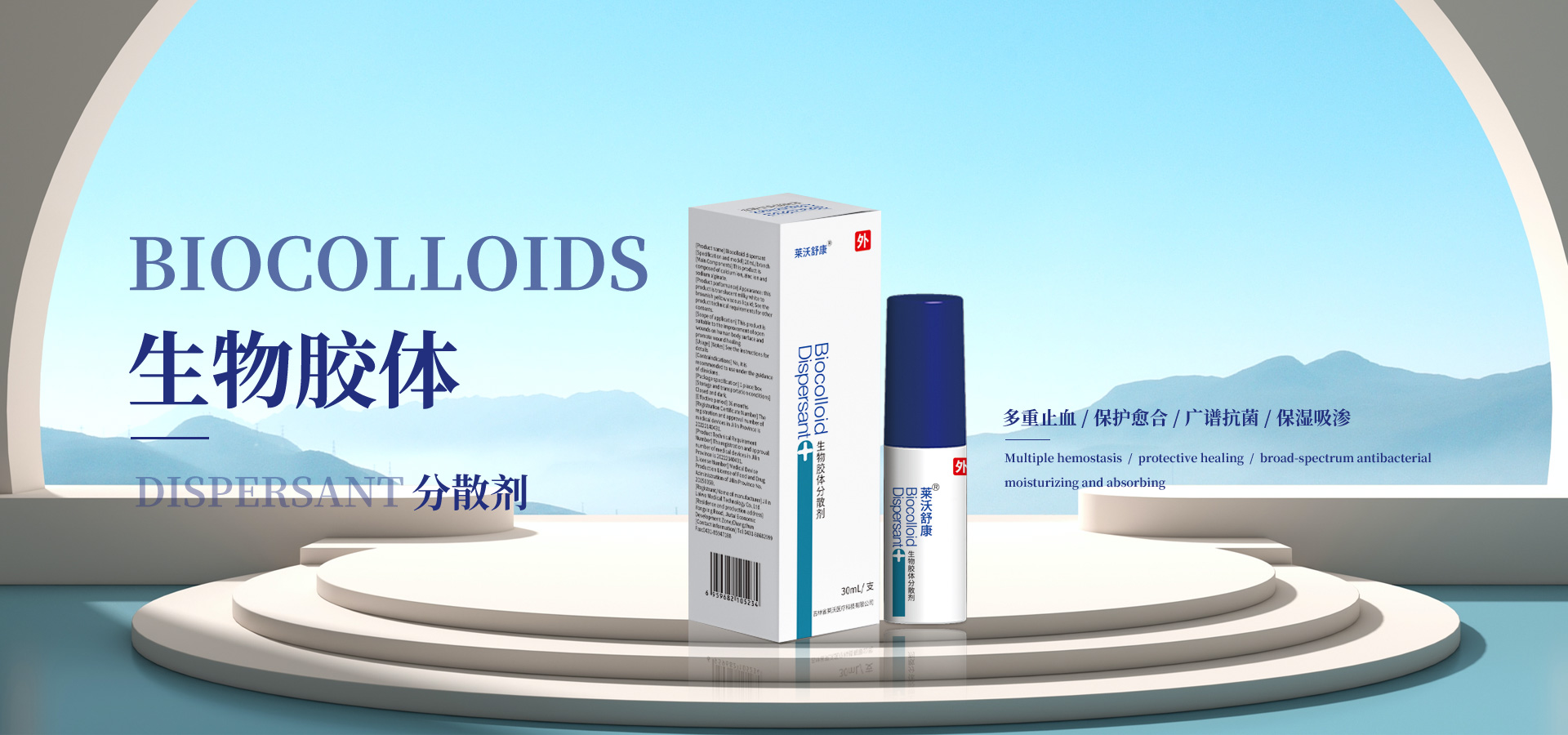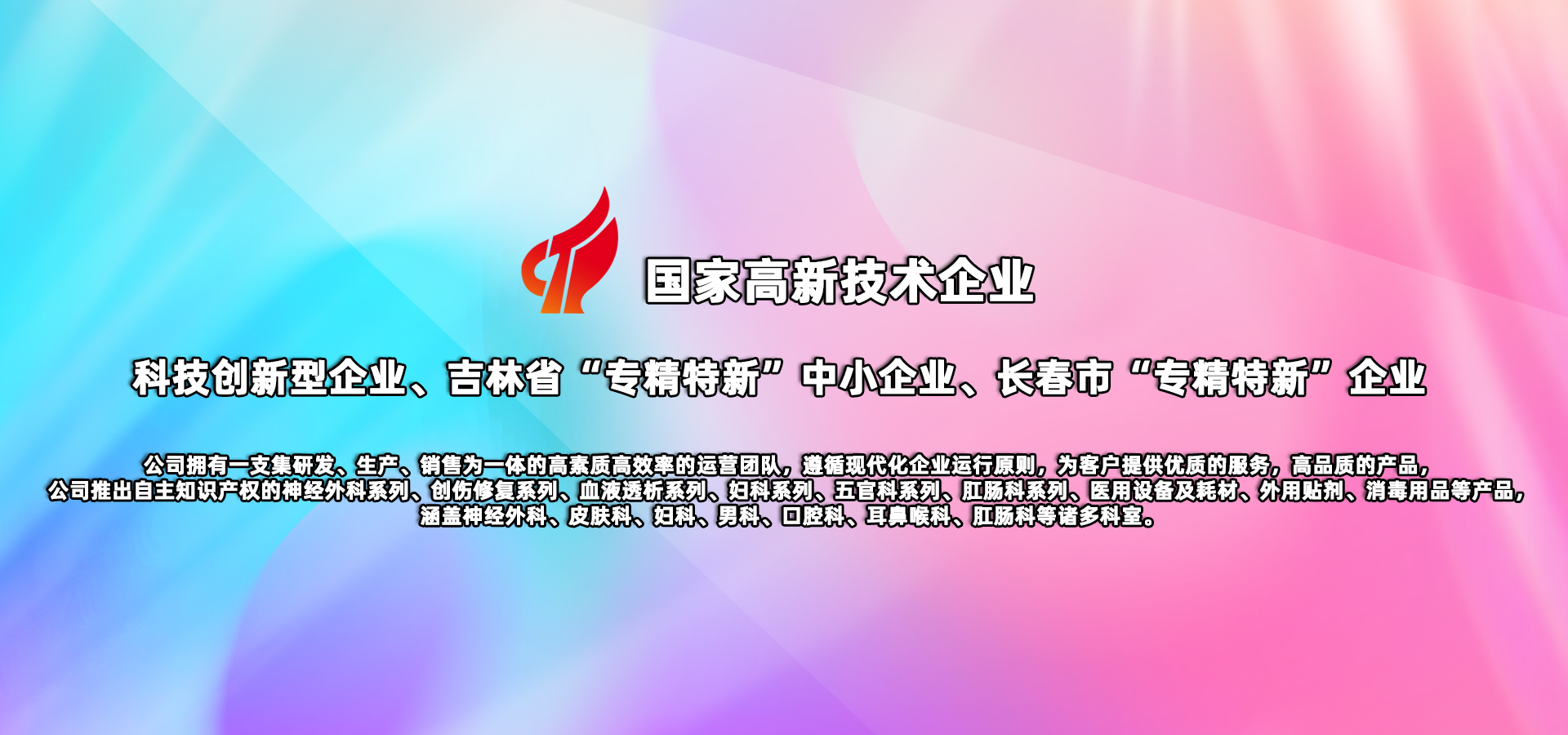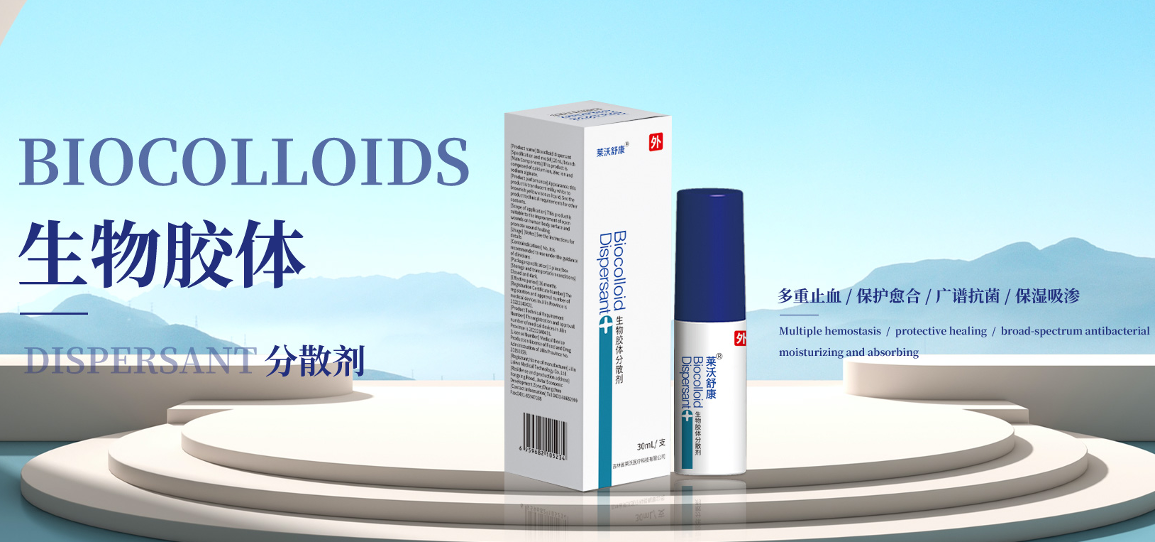【Laiwo Medical: Knowledge Sharing】Did you fall into all the
Publish Date: 2025/11/11
After a hot pot meal, the heart and stomach warmed, but the next day my mouth was burning with pain... Roasted chestnuts in sugar-coated heated sand with sugar, crispy nuts, and I couldn't stop eating them. As a result, my mouth ulcers also came to me... If you have experienced this kind of despair of "eating more and more pain", don't be sad, because you are not alone! The delicious food we use to reward ourselves in winter may be quietly turning into "nutrients" for oral ulcers.
Why can't you escape oral ulcers after hot pot?
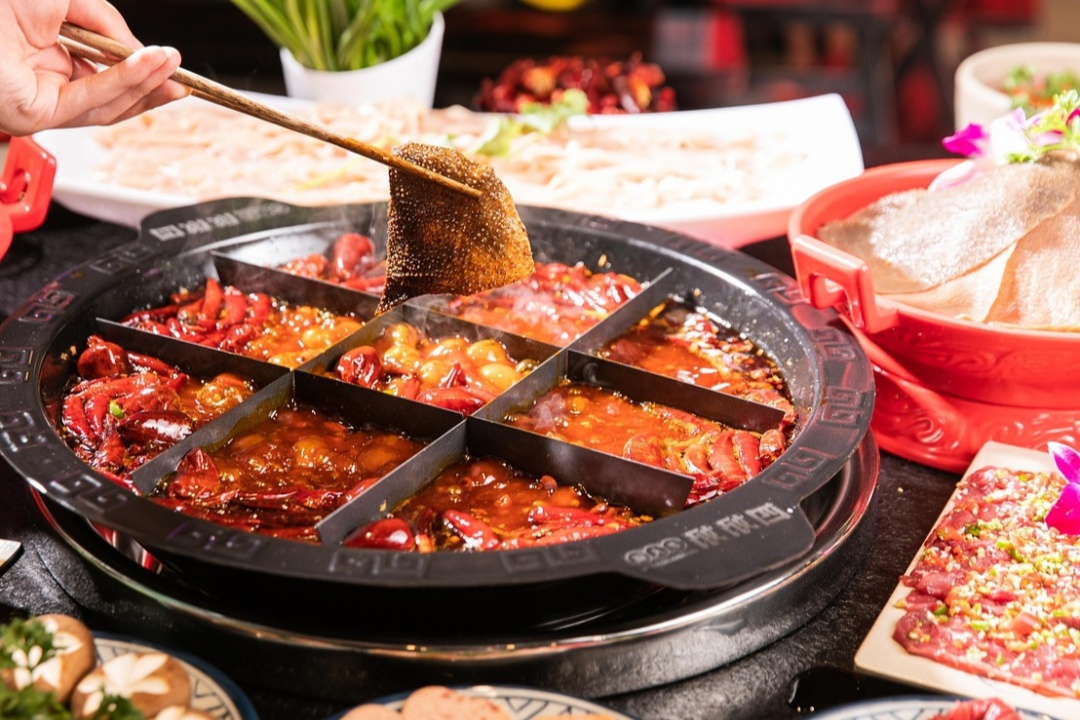
First, let's talk about the national level delicacy hotpot. While indulging in it around the stove may bring happiness, many people will develop ulcers in their mouths the next day. Behind this is not just 'fire': a high salt and high spicy soup base will continue to stimulate and weaken the defense of the oral mucosa; At the same time, prolonged cooking leads to high purine content, which can exacerbate local inflammation and rapidly transform small wounds into large ulcers.

Lamb soup, is it "nourishing" or "fire"?
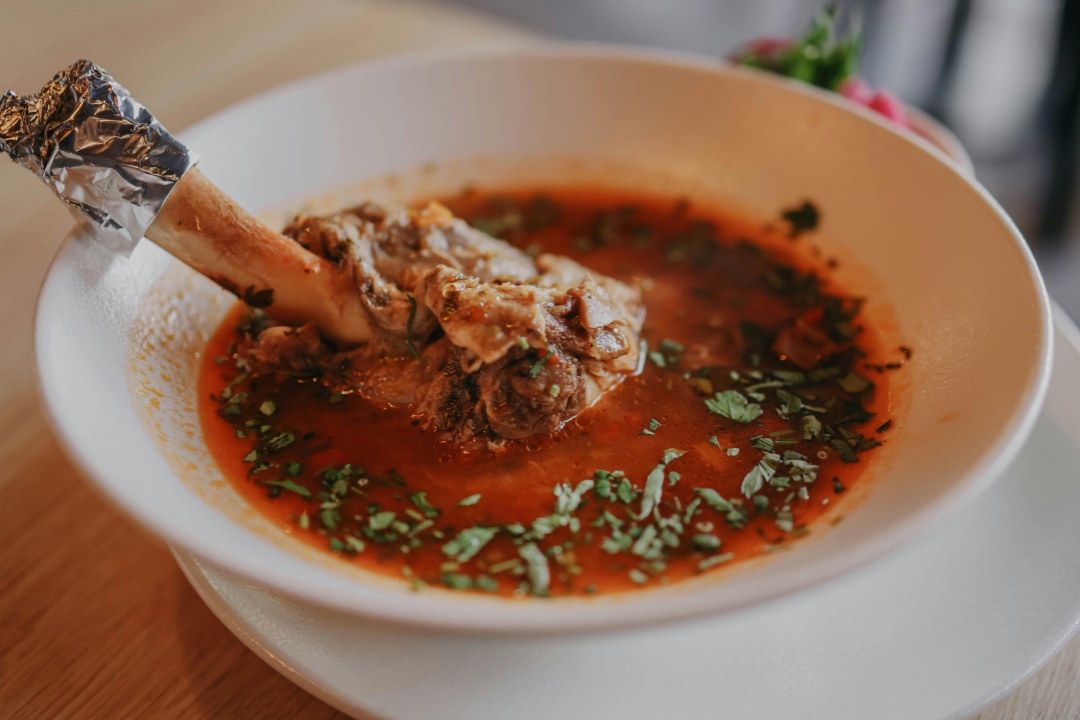
Lamb meat is warm in nature, but from a modern medical perspective, some of its components can trigger inflammation. If there is already minor damage to the mouth, the inflammatory response will be stronger after eating lamb, making the ulcer more severe and painful.

After eating nuts, what kind of 'secret battle' did your mouth experience?
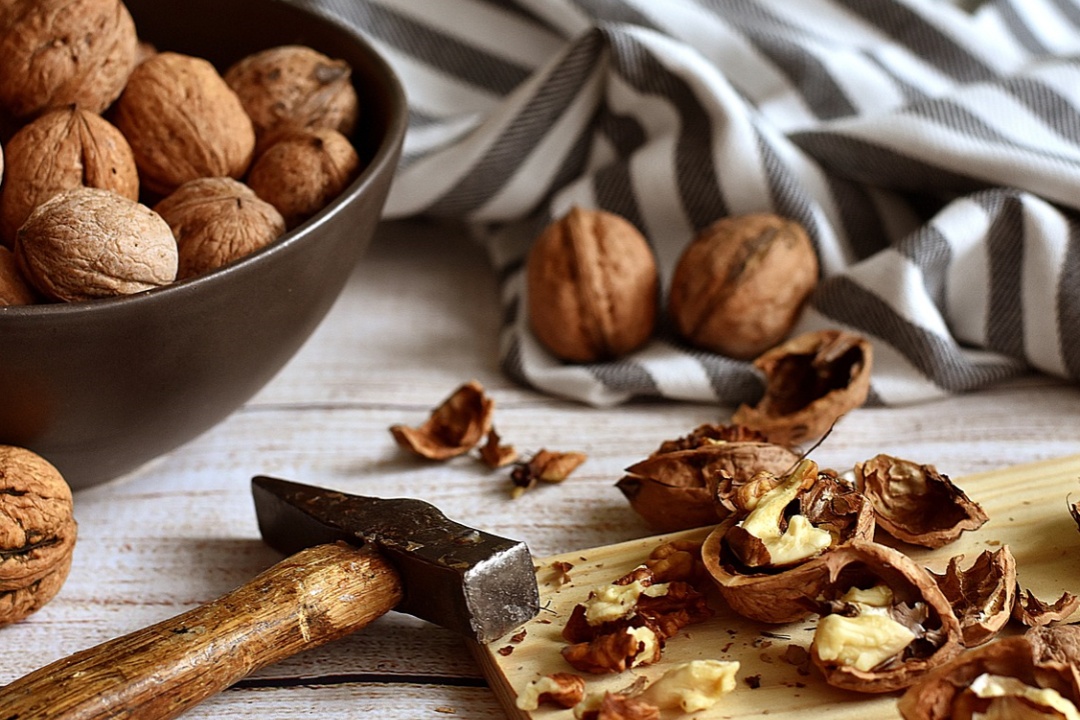
The hard outer edges of nut snacks can easily scratch small wounds that are not visible to the naked eye during chewing. These wounds will experience a "latent period" of 2-3 days before developing into obvious ulcers, making it impossible to locate the source.

1. Choose the right ingredients: avoid "exciting" items
Supplementing is not the more you supplement, the better. You need to avoid ingredients that are easily irritating to the mouth. For hot pot, try to choose a clear soup base and avoid heavy flavors such as spicy and beef fat. Also, do not choose ingredients that are too hot or too hard; Lamb soup can be paired with radish, yam, and other warm ingredients to neutralize the "warmth" property of lamb and reduce irritation to the mucous membrane; Don't always eat stir fried nuts as snacks, switch to boiled peanuts and steamed sunflower seeds, which not only retain nutrients but also won't scratch your mouth.
2. Control frequency: Do not overload your body
Many people think that winter tonics should be "vigorous", eating hot pot and drinking meat soup every day. In fact, this can actually increase the burden on the body and keep the oral mucosa in a "high-pressure state" for a long time. It is recommended to supplement 2-3 times a week, eating until 70-80% full each time, leaving enough rest time for the gastrointestinal and oral mucosa.
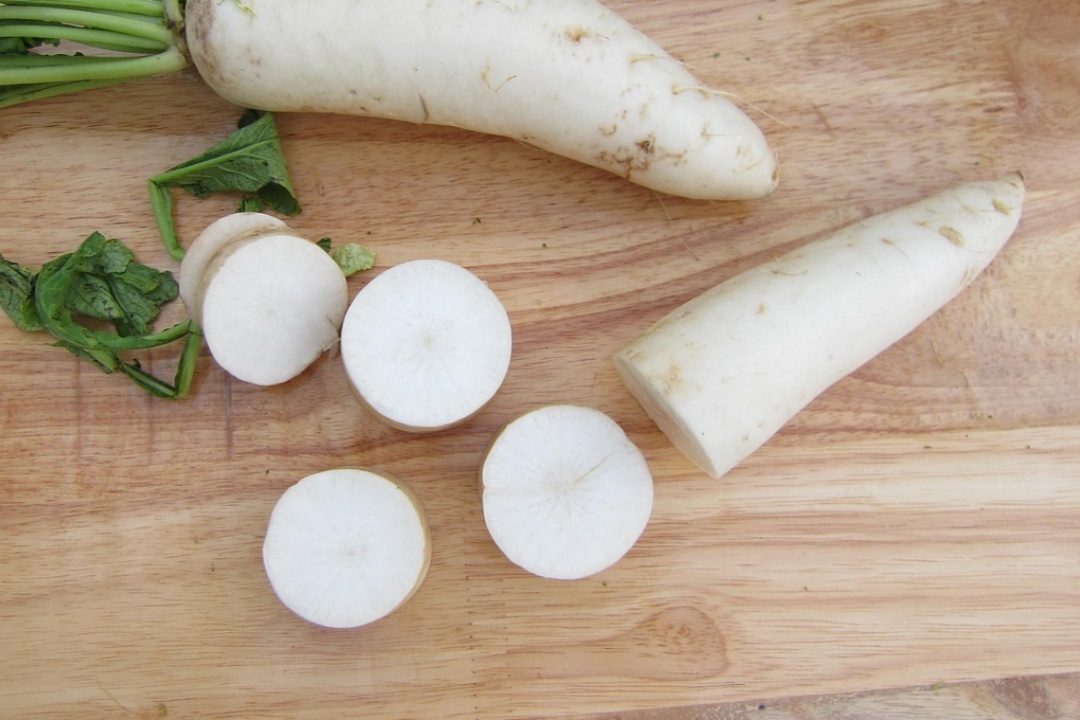
3. Pay attention to details: protecting mucous membranes starts with small things
The small habits of eating tonics can also help you avoid ulcers. Before eating hotpot or drinking hot soup, let it cool down (around 40 ℃) before taking it in to avoid direct burns to the oral mucosa caused by high temperatures; Chew slowly, don't gulp down food, and avoid scratching.

4. Post meal care: timely cleaning and repair
Rinse mouth with warm water or diluted salt water for 30 seconds, rinse off any remaining seasonings or food residues in the mouth, and avoid them from irritating the mucous membrane for a long time; You can also drink plenty of warm water regularly to keep your mouth moist and keep your mucous membranes in a healthy state.
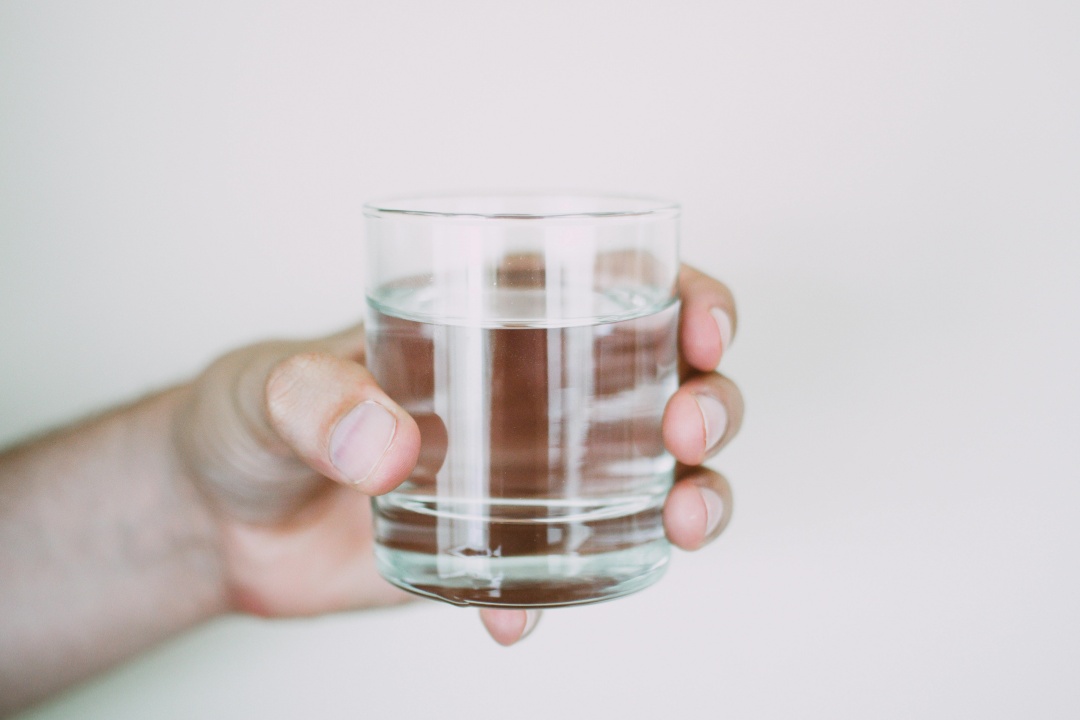
Alright, that's all for this' Winter Foodie's Mouth Protection Guide '. Finally, Laiwo Medical wishes that everyone can enjoy warm food and comfortable oral care this winter. Incorporate all the beauty of ordinary days into the steadfast happiness on the tip of your tongue

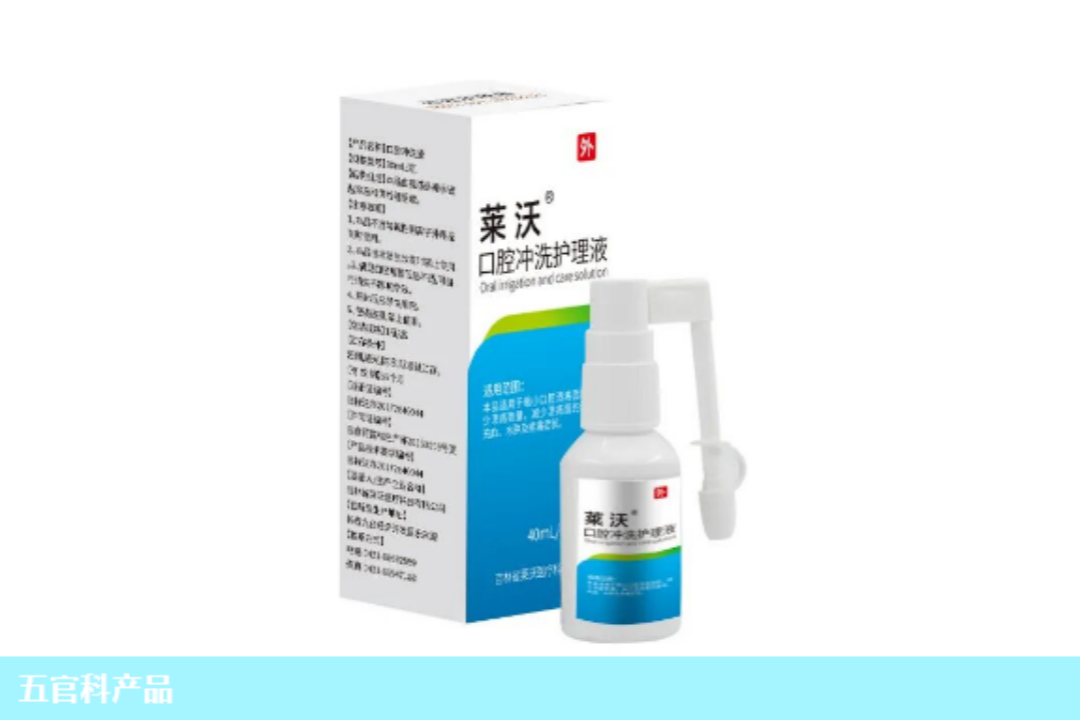
for reference only


